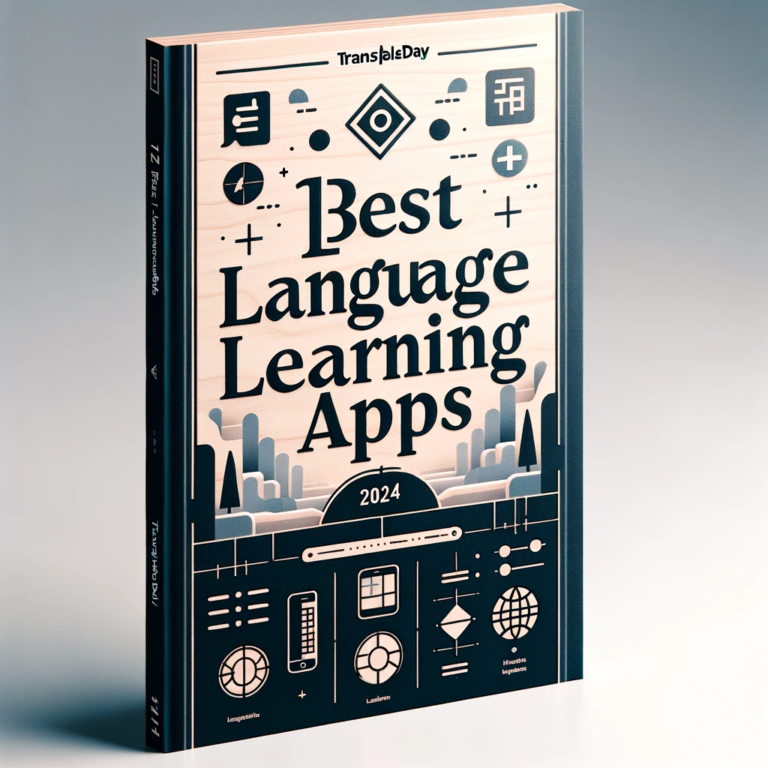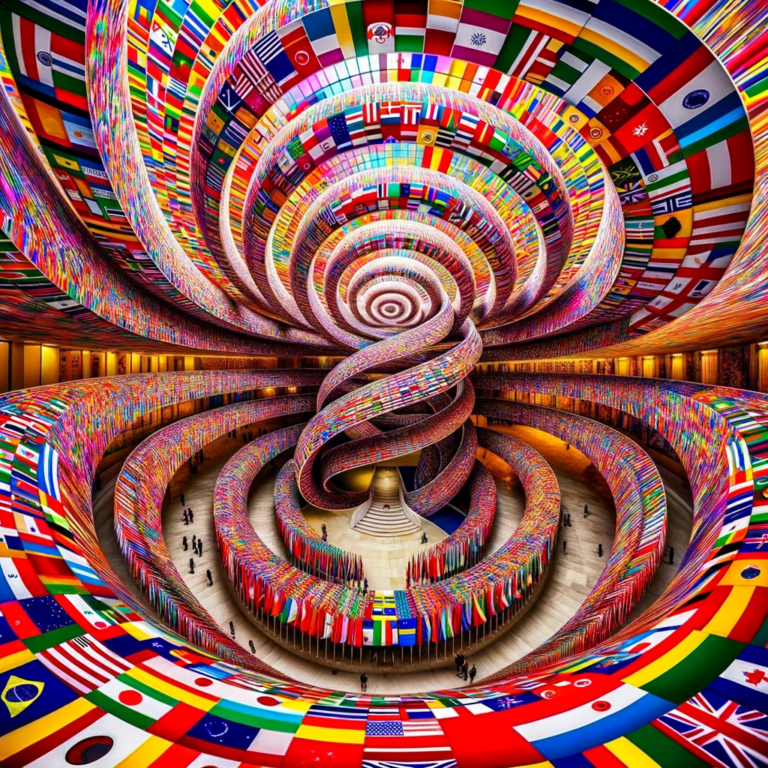Estimated reading time: 12 minutes
Reading is equivalent to having a person speaking to you. Books are a great escape if you need to get a glimpse of dystopian worlds or the human mind. However, not all books can be read in the language they have been initially written, so to make books universally available to most people, they are usually translated to the most spoken languages.
A book is words, ideas, mindsets, advice and knowledge wrapped up into a portable collection of papers. Reading gives us understanding, reasoning, and critical thinking, and helps us to get a growth mindset when learning other disciplines.

Why is Literary Translation important?
From fiction and non-fiction to holy writings or comic books, many of them are translated in lot of languages. The most number of books that appear in the list of translated versions are, without surprises, children’s stories.
For cross borders, a book is translated. This is the easiest way to market a book. The more languages are converted, obviously more people would be able to read it.
The work of a translator is not easy at all, as they face many challenges during translation. They need to have a proper knowledge on both languages they are translating. They use their magical way of transforming literature into a different language without losing identity. Sometimes, an original book does not get enough attention, but then lot of people find the way to reading it in translated versions, and because of that it becomes more famous.

The 8 Most Translated Books in the World
It is hard to give a 100% accurate ranking, because in this globalized world, tons of books are translated. Here’s a list of the top most translated books in history by the year 2023:
1. The Bible (Translated to 3350 Languages)
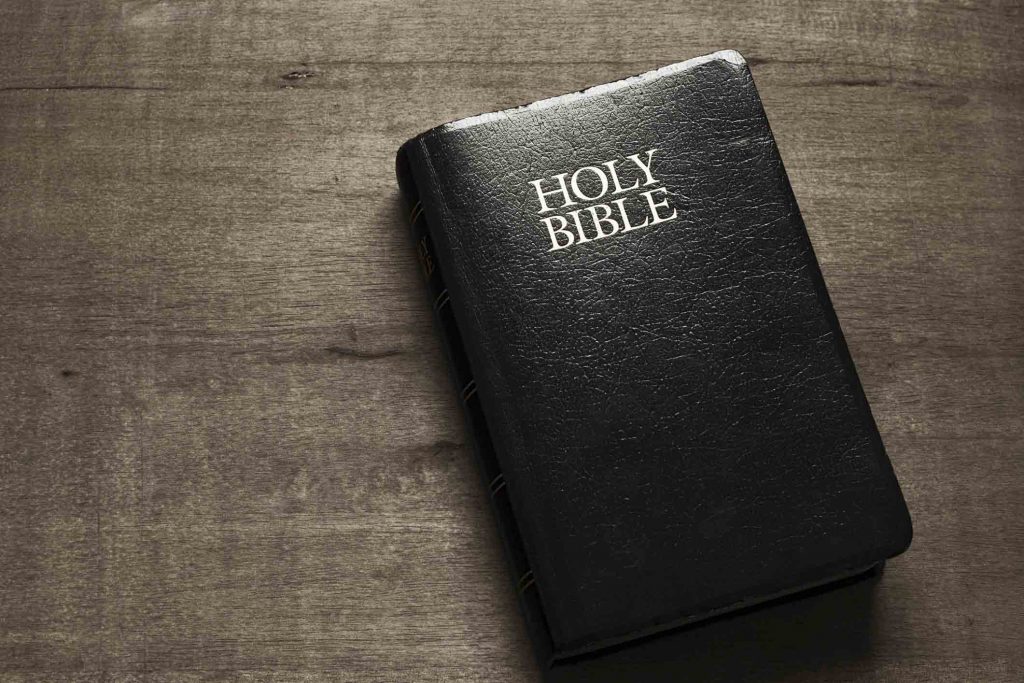
Most religious books are translated quickly into many languages to spread them. The Bible has been translated in more than 3350 languages. The New Testament in more than 2000 and the Old Testament in 700 aproximately! Which makes it, with no doubt, the most translated book in the world breaking all records.
2. The Little Prince (Translated to 380 Languages)
This storybook is famous for the poetic tale and also for the watercolor illustrations that comes with him. The author, Antoine de Saint-Exupéry, has done his best to create an amazing world with his art, and was originally written in French. The story starts with a pilot getting lost in the Sahara Desert and finds a little blonde boy that asks him to draw a sheep. After that starts a story that shows the importance of life. Published in 1943, the book can be found in more than 380 languages and has sold over 140 million copies.
3. The Adventures of Pinocchio (Translated to 260 Languages)
Not only kids also adults are fans of a good story with a moral. Carlo Collodi wrote Pinocchio originally in Italian. It is a story of the small wooden boy who has a habit of lying. This book has been translated in more than 250 languages since it was published in 1883.

4. Tao Te Ching (Translated to 250 Languages)
Tao Te Ching (Dao De Jing) is an ancient Chinese philosophical and moral text often attributed to Laozi (or Lao-tzu), “the old master.” Considered a fundamental text, both philosophical and religious for Taoists. Taoism holds that humans and animals should live in balance with the Tao, or the universe. Taoists believe in spiritual immortality, where the spirit of the body joins the universe after death.
It also influenced many other schools of Chinese philosophy and religion, like Legalism, Confucianism, or Chinese Buddhism. The verse can be difficult to understand, and many people have spent their entire lives dedicated to the study of the Tao Te Ching.
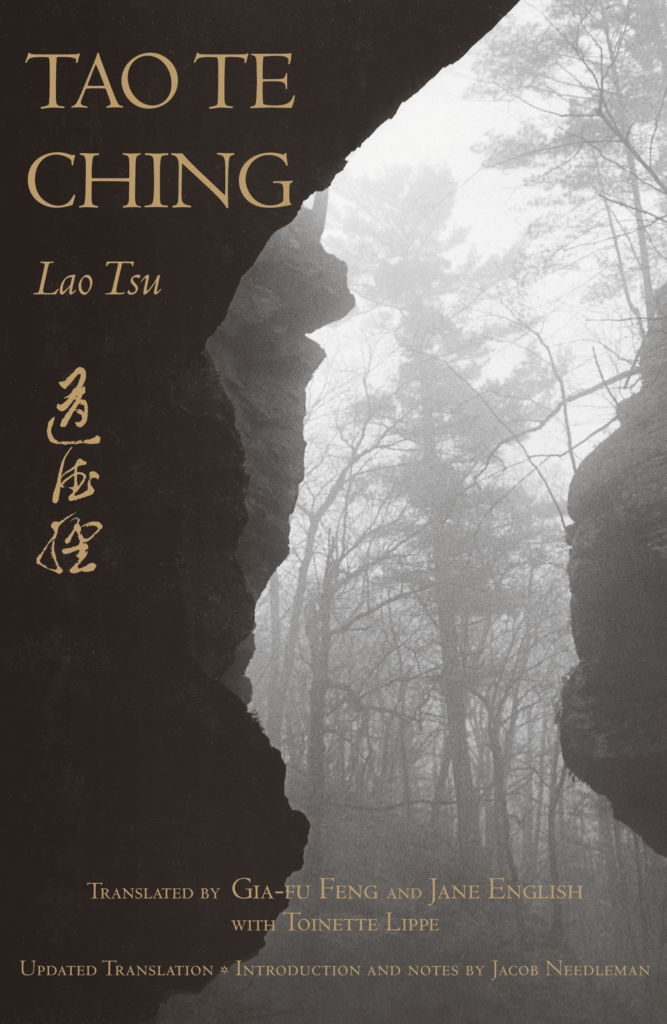
5. The Pilgrim’s Progress (Translated to > 200 Languages)
John Bunyan, an English author, wrote a renowned religious allegory known as The Pilgrim’s Progress. This remarkable work, divided into two segments and released in 1678 and 1684 respectively, employs symbolism to depict a virtuous individual’s life journey. At the time it was considered almost as relevant as the Bible.
This eminent Christian allegory, The Pilgrim’s Progress, remains in print to this day, a testament to its enduring popularity. Its creation predominantly took place during the author’s imprisonment, a consequence of violating the Conventicle Act of 1593 that banned religious ceremonies outside the Church of England’s purview, during Charles II’s reign.
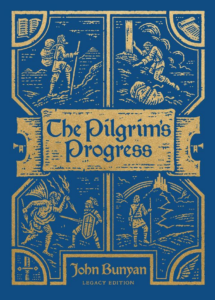
6. The Communist Manifesto (Translated to 200 languages)
The communist manifesto, written by Karl Marx and Friedrich Engels in 1848, reflects an attempt to explain the goals of Communism, as well as the theory underlying this movement. It argues that social class struggles are lead by exploitation of one class to another and that these are the motivating forces behind every historical developments. Marx sought to explain the development of modern society in terms of historical materialism.
By exposing the true nature of modern society, Marx and Engels hoped to engage their audience in the revolutionary cause of the Communist League.
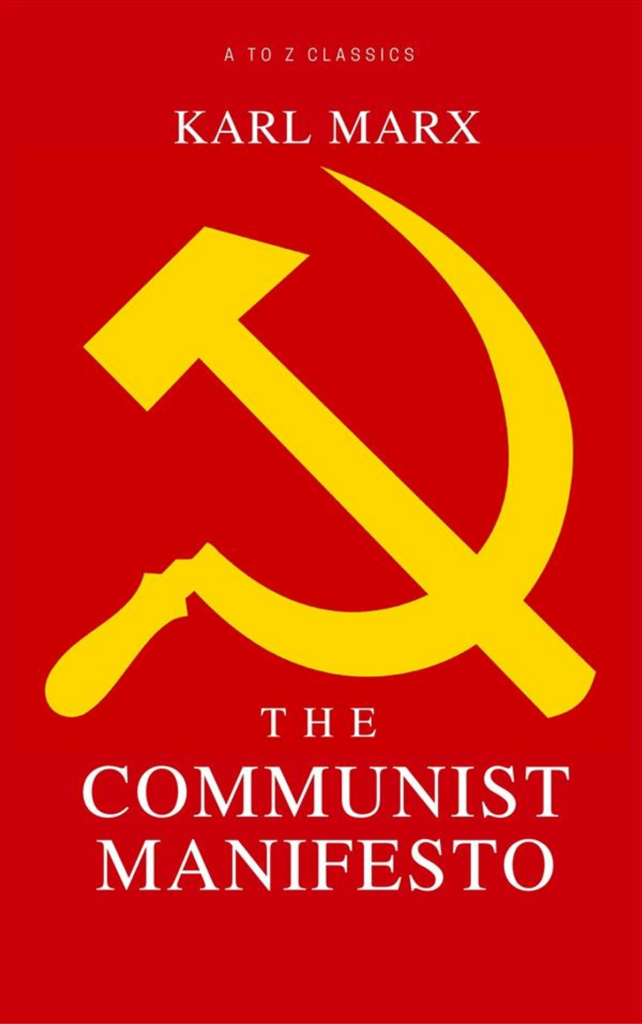
7. Alice’s Adventures in Wonderland (Translated to 174 Languages)
Alice’s Adventures in Wonderland has been an attraction to young and old readers since it had been first published in 1865. This is a story of a girl that loses her way and finds herself in a magical world.
Lewis Carrol uses in his book captivating wordplay and exciting plots to keep the readers engaged the longest. It was written in English and is found in almost 174 different languages around the world and is still reading with great affection. Like many other children’s books, this one was also turned in a movie version.

8. Steps to Christ (Translated to 160 Languages)
Steps to Christ was first published in 1892 and written by Ellen G. White, pioneer and prophetess of the Seventh-day Adventist Church. The book defines what Seventh-day Adventists believe, in maters such as salvation, the nature of man, and how a Christian’s life should be. It covers the topics of repentance, confession, faith, acceptance, growing into Christ, and prayer.
9. El Ingenioso Hidalgo Don Quijote de la Mancha (Translated to 140 Languages)
Its full title is The Ingenious Gentleman Sir Quixote of La Mancha (Modern Spanish: El ingenioso hidalgo don Quijote de la Mancha). The plot revolves around the adventures of a member of the lowest nobility, an hidalgo from La Mancha named Alonso Quixano, who loses or pretends to have lost his mind due to the reading of many chivalric romances and adventure books. He becomes a knight-errant (caballero andante) to revive chivalry and serve his nation, under the name Don Quixote de la Mancha.
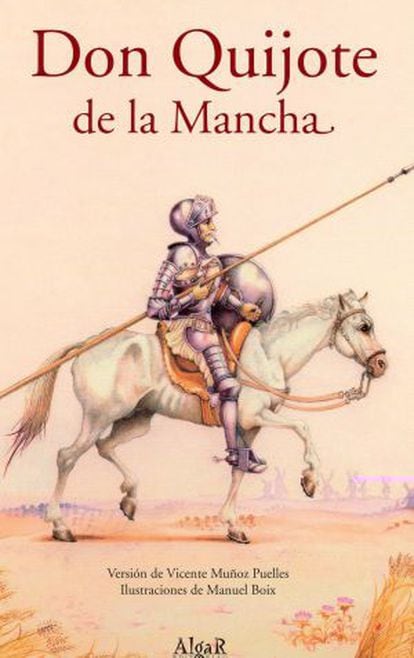
10. Andersen’s Fairy Tales (Translated to 129 Languages)
Hans Christian Andersen was a Danish author. Andersen’s fairy tales, consists of more than 150 stories across nine volumes that have been translated into more than 125 languages.
These tales have become culturally embedded in the West’s collective consciousness, readily accessible to children. They present lessons of virtue and resilience in the face of adversity for mature readers as well.His most famous fairy tales include “The Emperor’s New Clothes”, “The Little Mermaid”, “The Nightingale”, “The Steadfast Tin Soldier” or “The Red Shoes”.
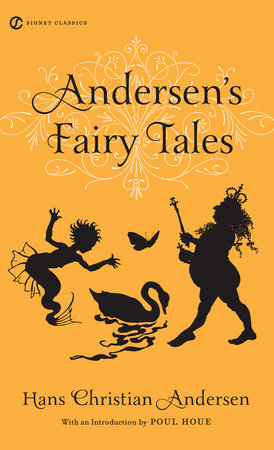
Surprising Most Translated Books in the World – Special Mentions
We could not end this list without mentioning some other most translated books in the world that were not included in this list. We will go through some of the books you might have thought were going to be included in this book ranking:
The Quran (173 Languages)

The Qur’an is the Holy Book of Muslims. With 1.8 billion adherents of Islam, which constitutes the second-largest world’s religious group (after christians) and more than 24% of the world population, the Quran is believed to be revealed by God to the last Prophet Mohammed, through Archangel Gabriel. It was written in Ancient Arabic and has been partially translated into almost 173 different languages. However, according to Islamic theology, the Qurʻan is a revelation written specifically in Arabic, and so it should only be recited in Quranic Arabic. Translations into other languages are necessarily the work of humans and so, according to Muslims, no longer possess the uniquely sacred character of the Arabic original.
The Quran is probably the second most translated book in the world although oficially we cannot include it in the list, because it has not been fully translated, only partially. The quoran consists of Surahs (chapters) and further divided into Ayahs (verses). Some of these Ayahs and Surahs have been translated to 114 languages but the complete book was only translated to 47 languages of the world.
Universal Declaration of Human Rights (Translated to 555 Languages)
It has been translated into an extensive array of languages and dialects, spanning from Abkhaz to Zulu. For this matter the Universal Declaration of Human Rights (UDHR) achieved a global world record in 1999, as the most globally translated document in history, proof of its universal importance and significance. . Its extensive translation underscores the universal commitment to human rights, ensuring accessibility and comprehension to people across the globe, regardless of their language.
However, because it’s not a book, it is not considered within book-specific translation rankings or records, this is why we cannot include it in our ranking, but still we found it relevant to give a special mention in this post.

Pippi Longstockings (70 Languages)
Leaving religion aside, Pippi Longstocking, named initially as Pippi Långstrump, was created by Astrid Lindgren, a Swedish writer.
This one is a story about a normal little girl who has superhuman powers. Her father is a sailor, and she also has a tiny monkey named Mr Nilsson.
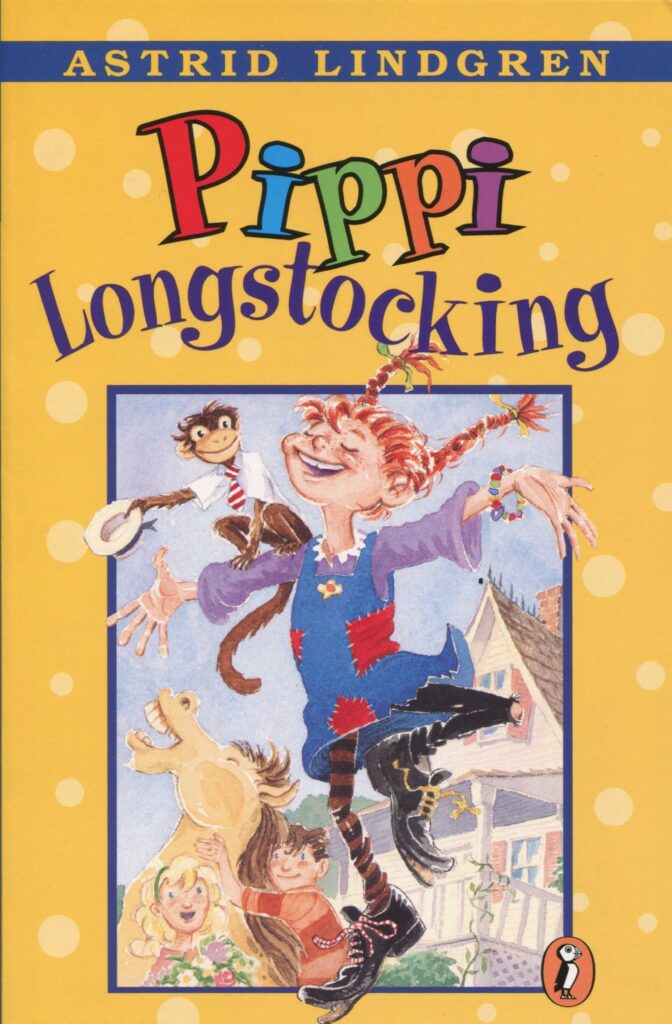
The Alchemist (70 Languages)
Paulo Coelho is well-known in modern society. His book was translated into more than 80 languages with more than 65 million copies sold. The story starts with a small shepherd boy and his journey that guides him to his treasure through the Arabian Peninsula. Although the book is about society, time and culture that most people doesn’t experience, but the book is very relatable and healing to those who have faced any hardships in the world

The Harry Potter Series (70 Languages)
The series has eight fantasy novels that, with his own vocabulary, illustrate the world of magic. It’s a story of a young wizard boy, in his wizard school, with his wizards friends. The trio, popularly known as Harry Potter, Ronald Weasley and Harmonie Granger, fight against the Dark Lord, Voldemort.
J.K. Rowling wrote the first Harry Potter novel, named as Harry Potter and the Philosopher’s Stone (later changed to Harry Potter and the Sorcerer’s Stone). It was published in 1997 and since then it has been translated into more than 70 languages, creating many Potterheads and a whole new fandom.
/cdn.vox-cdn.com/uploads/chorus_asset/file/19289131/harry_potter.jpg)
Wrap up!
Books are an experience that can’t be found in any other form. Ingenious authors work hard to put a great story in front of us. What happens to be your favourite book? Is it famous and has it been translated into other languages?
Thanks for reading! Make sure you check our Blog for more free articles on this and other topics related with Languages, Language Learning and Translations.
Resources and further reading
- List of Bible Translations by Language – Wikipedia
- The Little Prince becomes worlds most translated book excluding religious works – CTVNEWS
- How many translations does The Little Prince have? – Wikipedia
- Most translated author, same book – Guiness World Records
- Daoist Texts in Translation by Louis Komjathy, Boston University
- Alice in a World of Wonderlands
- Steps to Christ – Wikipedia
- Biblioteca nacional de España
- Don Quixote – Wikipedia
- The Pilgrims Progress – Wikipedia





